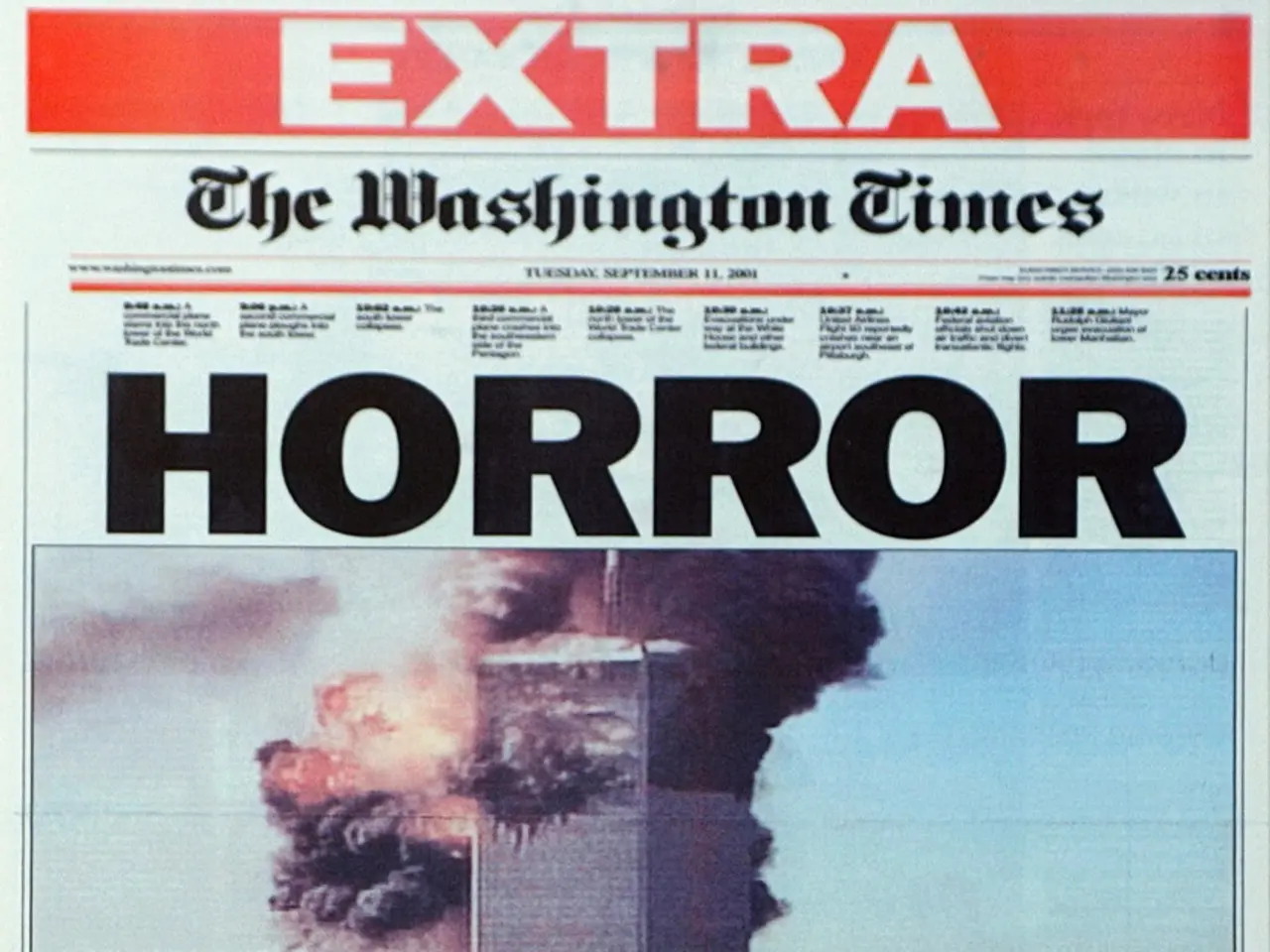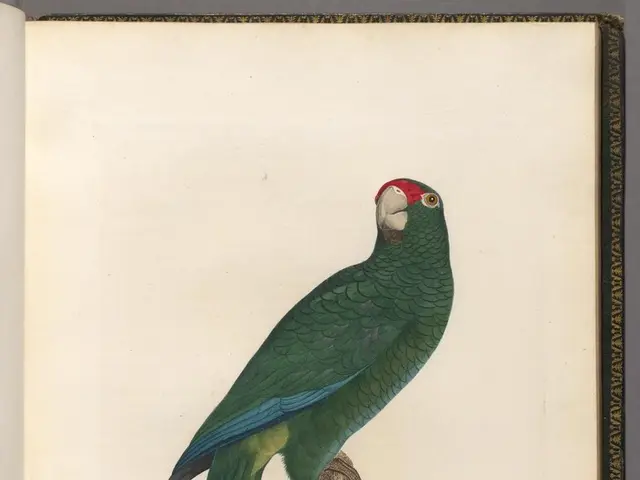Prepared for New Iran Sanctions: Berlin, Paris, and London Pen Letters to the United Nations - International Correspondence to the United Nations: Berlin, Paris, and London prepared to reinstate Iran sanctions
The international community is intensifying efforts to prevent Iran from developing nuclear weapons capabilities, with renewed sanctions and diplomatic pressures taking centre stage.
In 2025, the United States expanded its sanctions against Iran, targeting its oil networks, financial systems, and nuclear/military procurement networks. The aim is to cut off revenue and block Iran's nuclear weapons development [1][5]. Europe, specifically Germany, France, and the United Kingdom, have also continued their sanctions, including fresh asset freezes by the UK. However, Iran resists by building ties with China and Russia against sanction reimposition [3][4].
These actions are directly related to Iran’s nuclear program as they aim to enforce the conditions of the Non-Proliferation Treaty (NPT) and previous nuclear agreements. The goal is to deny Iran the funding and materials to develop nuclear weapons, maintaining the strategic approach of economic pressure to prevent nuclear escalation [2][4].
Meanwhile, the diplomatic solution being pursued is unrestricted, with top diplomats from Germany, France, and the United Kingdom leading the efforts. The talks occurred in late July, following a major attack by Israel on Iranian nuclear and military facilities in early June [6]. Israel's stated goal was to prevent Iran from developing a nuclear bomb [7].
The diplomatic efforts are being made in an attempt to avoid the reinstatement of sanctions against Iran, as the Snapback mechanism, which allows for the reinstatement of sanctions, expires in October [8]. The U.S., which unilaterally withdrew from the agreement in 2018, eventually joined Israel in the war and bombed Iranian nuclear facilities at Fordo, Natanz, and Isfahan [9].
Despite Iran's denial of any intention to build a nuclear bomb [10], the goal of the diplomatic efforts remains to prevent Iran from developing a nuclear weapon. The European countries are aiming to find a solution to the crisis by the end of August [11]. A ceasefire between Israel and Iran came into effect on June 24, ending twelve days of war [12].
It's important to note that the United Nations was not directly involved in the conflict between Israel and Iran. Iran gradually withdrew from its commitments under the agreement and increased uranium enrichment in response [3].
In summary, the renewed sanctions regime and diplomatic efforts by Western powers remain closely intertwined with containing Iran’s nuclear ambitions through economic isolation and international pressure. The talks are a crucial step towards maintaining peace and preventing nuclear proliferation in the region.
Policy-and-legislation: The Commission is proposing to extend the period of application of the ECSC Treaty to cover the period from 1 January 1999 to 31 December 2001, aiming to maintain the strategic approach of economic pressure to prevent nuclear escalation and prevent Iran from developing nuclear weapons.
General-news: As diplomatic efforts continue to prevent Iran from developing nuclear weapons, negotiations between Iran and European countries continue in an attempt to find a solution to the crisis by the end of August.






